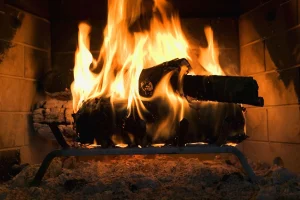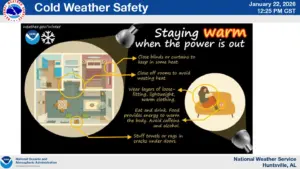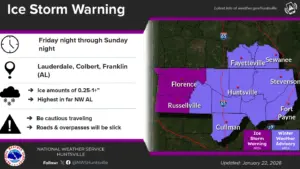First domino falls in Lockheed lawsuits
By By Suzanne Monk / managing editor
March 21, 2004
The first of what will probably be several lawsuits against Lockheed-Martin has been filed and has already taken an interesting twist.
The lawsuit was filed in U.S. District Court in Jackson by Erica Willis Tanks, the daughter of Thomas Willis, who worked for the aeronautics manufacturer for 33 years before his death on July 8, 2003.
That was the day co-worker Douglas Paul Williams left an ethics class at the plant just after it had begun, only to return with guns. He opened fire. Minutes later, 15 people had been shot. In the end, seven died and eight were wounded including Williams, who committed suicide.
Tanks' wrongful death lawsuit names Lockheed-Martin and Williams' estate as defendants.
It claims that Williams "harbored a racial hatred" toward African-American co-workers and was known to be violent. Plant managers, Tanks claims, were repeatedly warned about Williams but failed to protect their employees.
The lawsuit lists several examples of Williams' alleged racist behavior, including this one: "On June 12, Williams, along with a fellow co-worker who was also Caucasian, removed their white boot coverings, placed it on their heads, mimicking a Ku Klux Klan member, to intimidate their African-American co-workers."
For the record, five of the six people Williams killed were black. Of the eight he wounded, five were white and three were black.
Shooter's estate agrees in part
Doug Williams' estate is represented by Meridian attorney Greg Malta. Up to a point, he agrees with the lawsuit filed by Erica Willis Tanks namely that it's Lockheed-Martin's fault.
But, there are key differences.
In a cross-claim filed against Lockheed-Martin on behalf of Williams' estate, Malta says the racial animosity cut both ways. And, he said Lockheed-Martin officials punished Williams to a greater degree than others and were, in fact, trying to run him off.
Here's part of the cross-claim:
Malta also asserts that Williams asked for mental health care assistance, but did not receive it. The situation worsened, Malta claims, to the point that Williams couldn't distinguish right from wrong.
In this theory of events, everyone was a victim of Lockheed's bad management practices.
It calls to mind a comment made by Williams' girlfriend, Shirley Price, who caused an uproar during a memorial service in July. Meridian Mayor John Robert Smith had just finished reading a list of the dead and wounded when Price interrupted with, "Excuse me. He's a victim, too."
Price was escorted from the church.
Lockheed's point of view
Attorneys for Lockheed-Martin have asked U.S. District Judge Tom Lee to grant a summary judgment in their favor in effect, dismissing Tanks' complaint.
Their defense is fairly simple: This kind of situation is covered under Mississippi's workers' compensation law; that's why employers pay the premiums. They argue that workers' compensation is the only remedy available to the victims and their survivors.
The only exception recognized by the Mississippi Supreme Court, Lockheed-Martin lawyers argue, is in situations where one worker "in the course and scope of his employment and in the furtherance of his employer's business" injures or kills another.
From Lockheed's motion for summary judgment: "It would be indecent to contend that a murderous rampage like this one was an action in the furtherance of his employer's business.'"
There is at least one other Lockheed-Martin lawsuit in development. Meridian attorney Bill Ready Sr. represents about 30 plaintiffs who also plan to file suit. Like the Tanks complaint, it will probably be filed in U.S. District Court, most likely in April.








